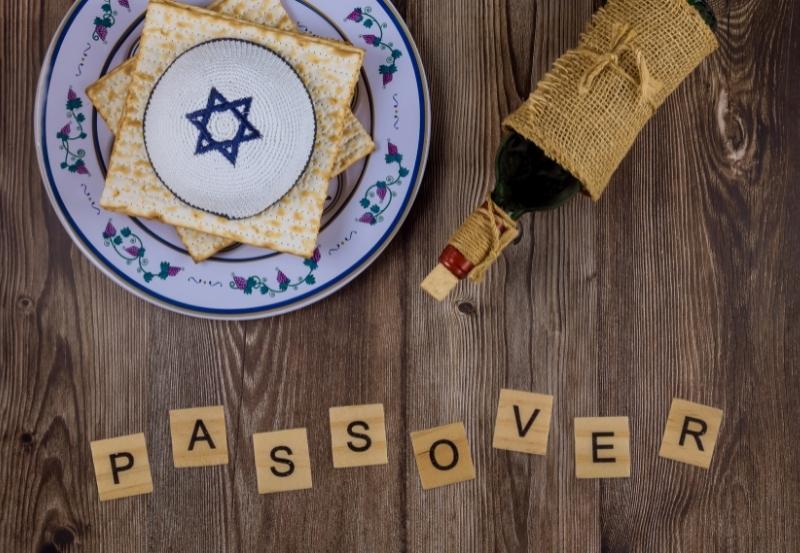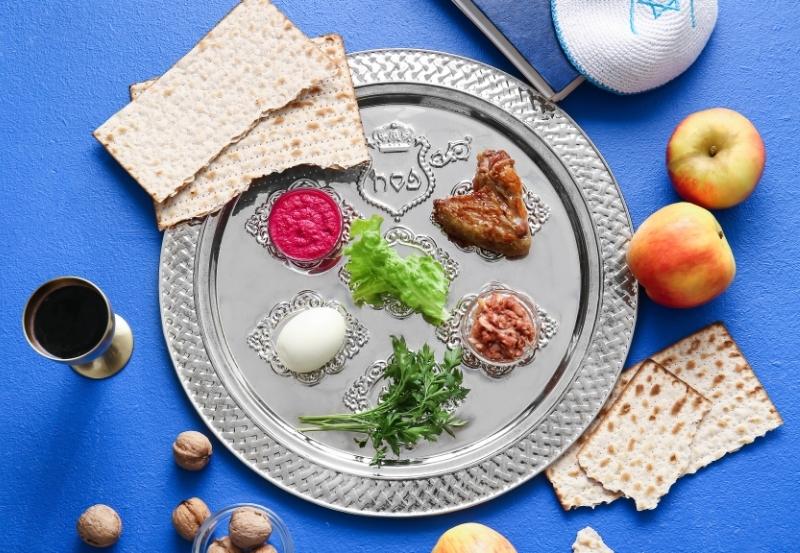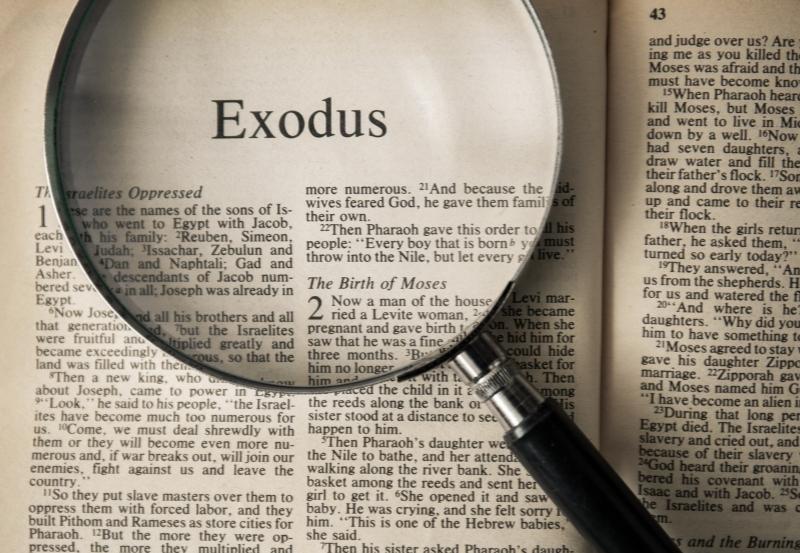Shalom! Passover, or Pesach in Hebrew, is an important annual event in Judaism. It celebrates the escape of the Jews from slavery in Egypt hundreds of years ago.
The Pesach week is built around rituals and customs to celebrate freedom, redemption and thankfulness and remember that hardships passed.
Preparation begins up to a month before with the cleaning of the house and collecting any Chametz, products made from grain which can rise like pasta, pizza, beer and bread, and storing them ready to sell.
As Turkey has the 11th largest Jewish population in Europe, it is viewed as a welcoming place for Jews wanting to travel.
According to the Jewish Community of Turkey, approximately 14,000 Jews living in Turkey in 2021. Istanbul has the largest Jewish community in Turkey.

When does Passover Take Place?
Passover can take place in March or April, as it depends on where the calendar falls.
In 2022, Passover takes place in April, which in Hebrew is called Nisan and is the first month on the calendar. More specifically, it starts on the 15th day of Nisan and takes place over eight days.

How is Pesach celebrated?
There are lots of things to do before and during Passover. The main event is the Seder, a 15-step ceremony over a meal at home on the first and second night if you live outside of the holy land. The ceremony includes the reading of Exodus from the Haggadah, eating specific foods, washings and other rituals.
One particular tradition includes a seder plate containing 6 items:
- Chazeret – a bitter herb, which symbolises the hardship of slavery
- Z’roa – a lamb bone to remember the sacrificed lambs that were used for protection
- Karpas – celery leaves, which are dipped in salt water, which represents the bounty of the spring season and the tears of the Israelites
- Maror – another bitter herb, often mixed with horseradish to symbolise the bitterness of slavery.
- Charoset – a fruit and nut mixed paste to represent the mortar used by the enslaved people to make bricks.
- Beitzah is a hard-boiled egg for mourning and the determination to keep one’s faith.
Also, wine is put out on the table, four glasses to remind Jews of the four times God promised freedom and an extra cup for the prophet Elijah. The door is also kept open for him, as he is expected to return and announce the coming of the Messiah.

The story of Exodus
The story of Exodus recounts how enslaved Jews in Egypt escaped the Pharaoh. These Jews are often referred to as the Israelites.
In a nutshell, the story goes…Hundreds of years ago, Jews were forced into slavery by the Egyptian Pharaoh. Moses, a prophet of God, told the Pharaoh to free them. He refused!
As a result, God sent many disasters to Egypt until the Pharaoh released the Israelites. In order they were:
- Changing water to blood
- An army of frogs
- Sand dust became lice
- Swarm of flies
- Pestilence of livestock
- Boils
- Hailstorms and lightening
- A plague of locusts
- Three days of darkness
- Death of all firstborn sons
God told Moses to protect the Israelites from plague 10 by putting lambs’ blood around their door so that death would `pass over` their homes. Hence the name of the festival.
The Pharaoh finally let the people go. Moses guided the Jews across the land as quickly as possible. They left in such a hurry that their bread didn’t have time to rise. This is why flatbread, Matzah, is eaten during Passover.
The Pharaoh quickly changed his mind and sent his army after Moses and the freed Jews. God helped them further by parting the rive Nile and allowing them safe passage. When the Egyptian army caught up to them, God closed the river, washing away the army.
Moses took the people to safety up Mount Sinai. It was there that he heard the 10 commandments.
Other Passover Traditions
During Pesach, Jews attend synagogue multiple times for prayer, Torah readings and holiday services.
As well as cleaning the house, the car is also cleaned. Family trips are encouraged during days 3 to 6 of Passover.
Some Jews stay awake during the penultimate night of Pesach, known as the night of the splitting of the sea. They study the Torah until morning.
The person who leads the Seder wears a white garment, Kittel. It has many meanings, including a reminder of the futility of vanity and a reflection of mourning.
Travelling During Pesach
Travelling is forbidden on the 1st, 2nd, 7th and 8th day of Passover; Jews can travel from April 17th to 20th. For a lovely 4-day holiday, consider Turkey’s largest city, Istanbul. The Limak Eurasia Luxury Hotel is a fabulous choice.
There are 26 synagogues in Istanbul; the closest one to the hotel is Yeniköy Synagogue. To find out more, visit the Turkish Jewish Community website. The Turkish Museum of Jews may also be of interest.
Alternatively, book the week after Passover and stay in one of Limak Hotels in Antalya; there are four fabulous hotels to choose from, all offering luxury rooms and high-end amenities to create everlasting memories for you and your family.
To discover more about Antalya, check out some of our other articles:
- Antalya: A Turkish City full of History and Culture
- Best Places To Visit in Antalya
- Belek: Take A Sneak Peak
